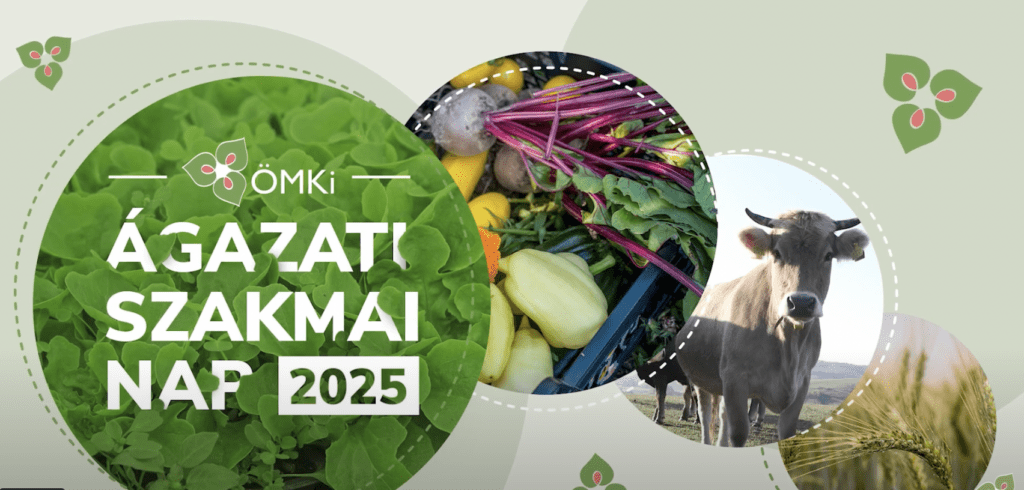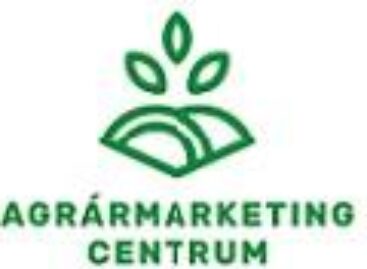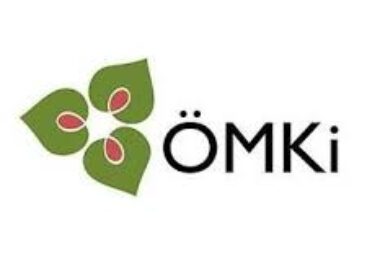A recent retail analysis was conducted on the eco-sector
The Organic Agricultural Research Institute (ÖMKi) recently published long-awaited data. This year, several gap-filling agricultural economic research studies were published on the organic sector, including an analysis of the development of the retail turnover of domestic organic food between 2022 and 2024. In their survey, they found that the turnover value of organic food in our country has increased dynamically over the past three years, and perhaps it is not surprising that e-commerce has proven to be the fastest growing sales channel. According to estimates based on the latest data, 0.8-1% of domestic food comes from controlled organic farming. It is good news for consumers that the price difference between organic and non-organic food has decreased during the period under review. Domestic consumers purchased organic baby food, organic vegetables and organic fruits in the largest value and volume.
 The number of organic producers in Hungary quadrupled from 2005 to 2023, from around 1,500 economic operators to 6,000, and the size of the production areas also grew dynamically during this period. The domestic certified organic area increased from 125,000 hectares to 320,000 hectares (a 2.5-fold increase), which increased the 2.6% organic area share to 6.4%. We can be proud of this ratio, as our country is the 25th country with the largest organic area in the global ranking. However, until now, only estimates have been available about the domestic organic food market, i.e. domestic organic product consumption.
The number of organic producers in Hungary quadrupled from 2005 to 2023, from around 1,500 economic operators to 6,000, and the size of the production areas also grew dynamically during this period. The domestic certified organic area increased from 125,000 hectares to 320,000 hectares (a 2.5-fold increase), which increased the 2.6% organic area share to 6.4%. We can be proud of this ratio, as our country is the 25th country with the largest organic area in the global ranking. However, until now, only estimates have been available about the domestic organic food market, i.e. domestic organic product consumption.
What do domestic retail data reflect?
International data on the development of organic food retail turnover is regularly published, but this is the first time a comprehensive analysis has been conducted in Hungary. ÖMKi researchers hope that the study will increase the validity of policy decisions based on market data, and that organic production actors will become more economically successful if they can base their economic decisions on quantitative market facts.
According to data collected by NielsenIQ (NIQ), the retail turnover of domestic organic products increased from HUF 28.5 billion in 2022 to HUF 38.7 billion in 2024 (an increase of 36%), which accounted for 0.62% of the total food and beverage retail turnover measured by the Central Statistical Office. However, NIQ’s data collection currently does not cover retail units specializing in organic food, markets, direct sales, or several product groups that are particularly important among organic foods (e.g. dried fruits, dried legumes, baked goods). Therefore, the researchers made an estimate for the unmeasured segments, thus supplementing the collected data and coming to the conclusion that the entire organic market accounts for approximately 0.8-1% of retail food turnover in Hungary, which was also based on KSH data.
Related news
AMC: Hungarian organic products can be presented in Germany
🎧 Hallgasd a cikket: Lejátszás Szünet Folytatás Leállítás Nyelv: Auto…
Read more >New Year, Clean Start: Here’s Why You Should Eat More Organic Food
🎧 Hallgasd a cikket: Lejátszás Szünet Folytatás Leállítás Nyelv: Auto…
Read more >Related news
The Hungarian Food Book is 50 years old
🎧 Hallgasd a cikket: Lejátszás Szünet Folytatás Leállítás Nyelv: Auto…
Read more >ZEW: Economic expectations worsened in Germany and the euro area in February
🎧 Hallgasd a cikket: Lejátszás Szünet Folytatás Leállítás Nyelv: Auto…
Read more >







